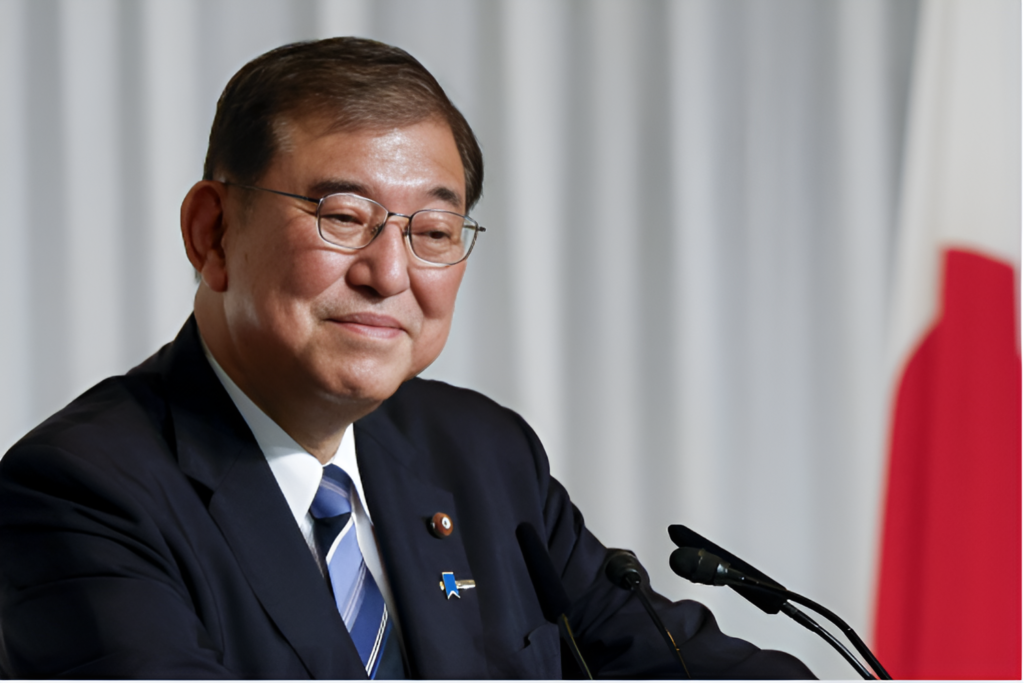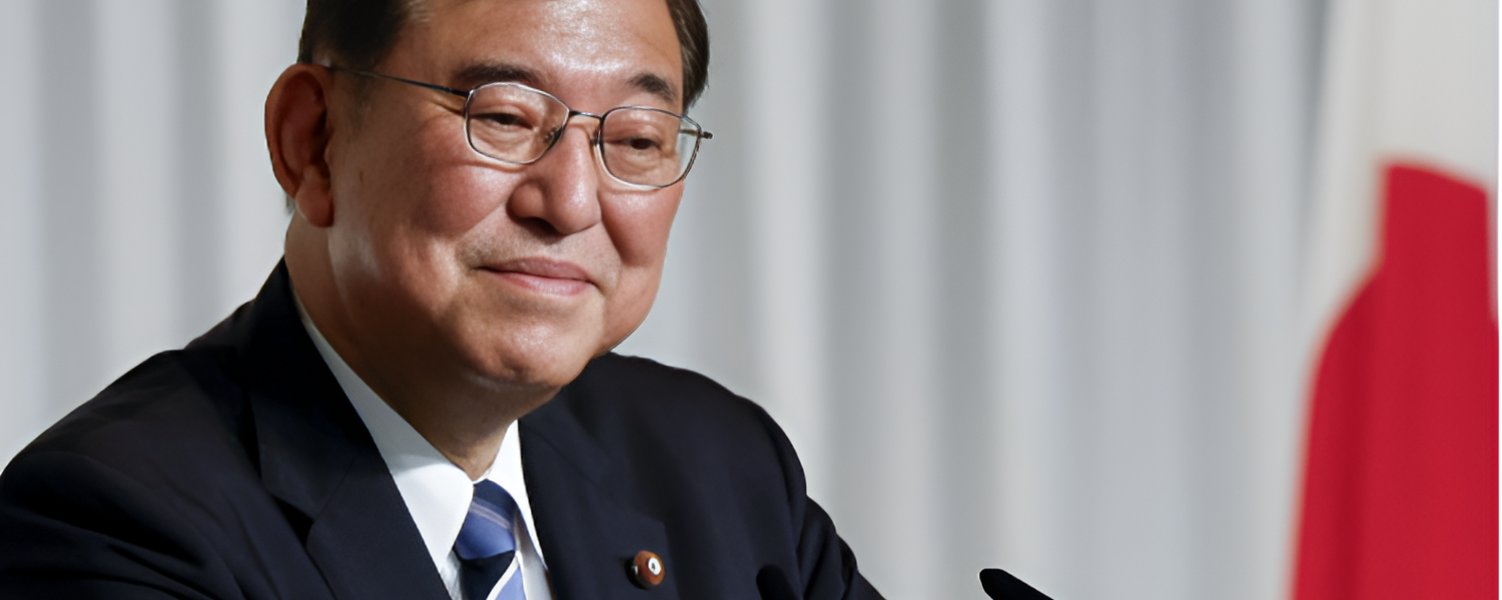
In a year defined by global political shifts, Japan has added its own surprising twist to the political narrative. The country’s ruling party had the opportunity to choose between groundbreaking candidates: the youngest prime minister in history and the first female prime minister. Yet, the Liberal Democratic Party (LDP) chose a different path entirely, opting for Shigeru Ishiba, a 67-year-old backbencher with a history of failed attempts at the nation’s top post.
Though Ishiba’s selection wasn’t the historic choice many anticipated, his leadership could prove to be just as transformative for Japanese politics and, more significantly, for the U.S.-Japan relationship.
A Pragmatic Leader With an Unconventional Approach
Ishiba stands out as a pragmatic middle-ground candidate compared to others in the race. While he is less hawkish than Sanae Takaichi, whose unapologetically pro-business and nationalistic rhetoric evokes comparisons to former U.S. President Donald Trump, Ishiba isn’t as socially liberal as Shinjiro Koizumi, the younger, more inexperienced candidate with dramatic generational appeal. Voters gravitated toward Ishiba’s balance and high approval ratings, especially as Japan heads into a national election expected no later than next summer.
His victory marked a departure from the legacy of former Prime Minister Shinzo Abe, whose strong, free-market policies and hawkish foreign stance defined Japan’s recent direction. While Ishiba was once a rival to Abe, his selection represents a shift in leadership style, though not necessarily in substance. His policy positions largely align with the defense buildup championed by Prime Minister Fumio Kishida, whose administration has been a staunch partner of the U.S. in its efforts to counter China’s rise in East Asia.
A Different Kind of Leader
Though Ishiba is widely seen as a potential successor to Kishida, he brings a fresh, albeit unconventional, persona to Japan’s political stage. Raised in rural Japan, Ishiba is a self-described “otaku” (a nerd) with a passion for military aircraft models and an affinity for the policy details that often alienate his colleagues. His temperament—sometimes brusque and obsessive—has earned him a reputation as a micromanager, often at odds with Japan’s elite technocrats.
For the U.S., Ishiba presents both an opportunity and a challenge. His unconventional approach to leadership may disrupt established norms in Japanese politics, and his stance on military cooperation with the U.S. has raised concerns among American policymakers.
Shifting U.S.-Japan Security Dynamics
Ishiba has signaled a more disruptive approach to Japan’s security arrangements, suggesting revisions to the decades-old agreement governing the stationing of U.S. forces in Japan. His proposal for an “Asian NATO” and his desire to amend Japan’s pacifist constitution reflect a shift toward a more independent military posture, which could challenge the U.S.-Japan alliance in unexpected ways. While he maintains a pragmatic desire to enhance deterrence and strengthen the alliance, his push for more Japanese sovereignty in defense matters could create friction with Washington.
Some experts believe that Ishiba’s motivation is not solely about increasing Japan’s deterrence capabilities but also about reclaiming a sense of national autonomy—something that makes the U.S. nervous. His stance on security will be one of the most pressing issues in U.S.-Japan relations, especially as the two countries navigate their positions within the broader context of Chinese expansion and regional stability.
Trade Tensions and Economic Shifts
In addition to security, trade policy remains a key point of contention. Both the Trump and Biden administrations have imposed increasingly protectionist trade policies, including restrictions on technology transfers to China, which have significantly impacted Japanese manufacturers. Ishiba, described as a “realist” by those familiar with his thinking, acknowledges that Japan must adjust to a rapidly changing global landscape. While he is not expected to follow in the footsteps of France’s Charles de Gaulle, who famously distanced his country from the U.S., Ishiba’s approach to trade and defense could signal a more assertive and independent Japan on the world stage.
A New Era in U.S.-Japan Relations?
Ishiba’s unexpected rise to power marks a potential turning point in Japan’s relationship with the U.S. While his leadership style and foreign policy outlook may differ from his predecessors, his pragmatism and willingness to challenge the status quo suggest that Japan’s role in U.S. strategy could evolve in unforeseen ways. The next few years will likely bring increased turbulence to the historically stable partnership between Washington and Tokyo, as Ishiba navigates both domestic political challenges and the shifting tides of international diplomacy.
This seemingly unremarkable leadership change in Tokyo may yet bring significant ripple effects to the already complex U.S.-Japan alliance, requiring both countries to carefully recalibrate their expectations for the future of their partnership.





